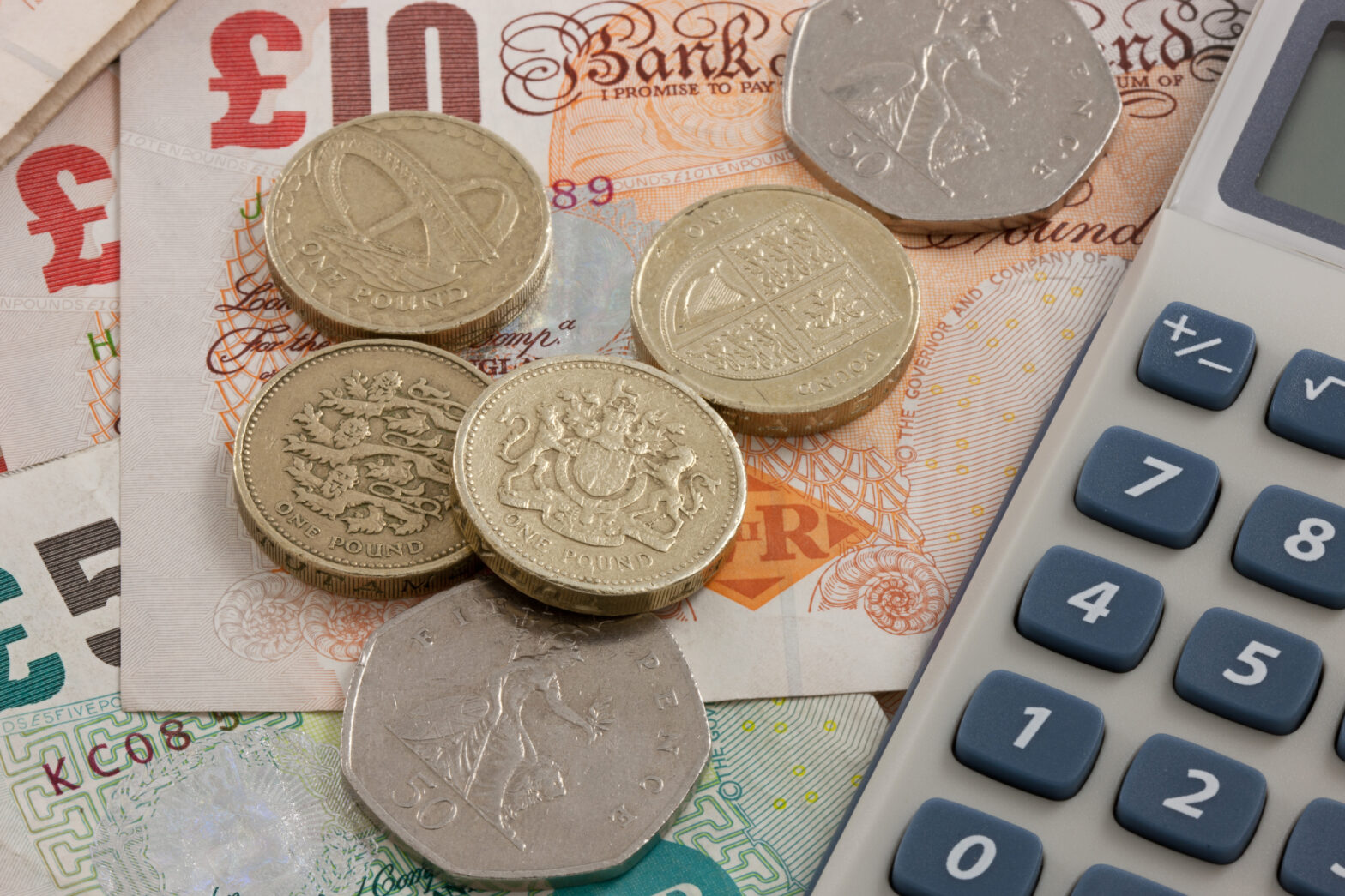Some people will tell you that secured loans are the only way to go – others advise staying away from them at all costs. In reality, the truth lies somewhere down the middle. Just as is the case with all financial products and services, secured loans can be no less than fantastic in some situations, though are entirely unsuitable in others.
As such, it’s important to consider the ups and downs of secured loans in accordance with your own requirements and situation, before going ahead with an application.
The advantages of secured loans
In terms of plus points, the primary advantage of a secure loan is the simplicity of the application process and qualification criteria. As the loan value will be secured on viable assets – usually your home or another property – things like credit scores and proof of income are not factored into the equation. Hence secured loans being a great way of accessing finance with a poor credit score, while at the same time helping rebuild your credit profile.
Secured loan interest rates also tend to be somewhat lower than those of unsecured loans, given that there is less inherent risk involved for the lender. Completion of the application process and receipt of the funds can be much quicker, repayment terms tend to be more flexible and there is technically no limit to how much you can borrow. Hence if you have the required collateral, secured loans represent a great option to explore.
The drawbacks of secured loans
On the flipside of the coin, the primary and most obvious drawback of a secured loan is the way in which you put your property or assets on the line. Meaning that if you find yourself unable to meet your contractual repayment obligations at any time, the lender may take possession of your property. What’s more, even when your credit score isn’t considered as part of the application process, defaulting on a secured loan or making payments later than agreed can have a negative impact on your credit report.
Transferring unsecured debt to secured loans
In many instances, those who are struggling with unsecured debt explore the option of transferring it over to a secured loan. Though technically a viable option for consolidation, it is a move that is not to be made without comprehensive independent advice and expert recommendation. The reason being that should you continue to struggle to repay your debts, you run the risk of losing far more than had you kept your balances in the form of unsecured financial products/services.
Still, in the right circumstances and under the advisement of those in the know, transference of debt for the purposes of consolidation and stabilisation can sometimes prove highly effective.
Getting the best deal
If you’ve decided that a secured loan represents the best course of action, you’ll need the help of a reputable, reliable and 100 per cent independent broker. Considering the various types of secured loans and bridging finance comes highly recommended – as does comparing the UK market in its entirety to find the very best deal for you.
Next steps
SmallBusiness.co.uk is working in partnership with trusted lenders to find you the best finance deals.
If you’re looking for fast funding for your business, complete this quick application to access our panel of business lenders.
This article was provided by the team at Donkey Finance.




